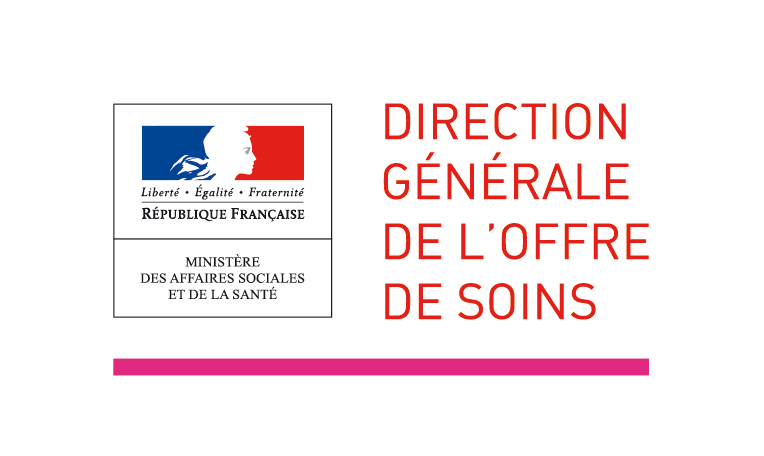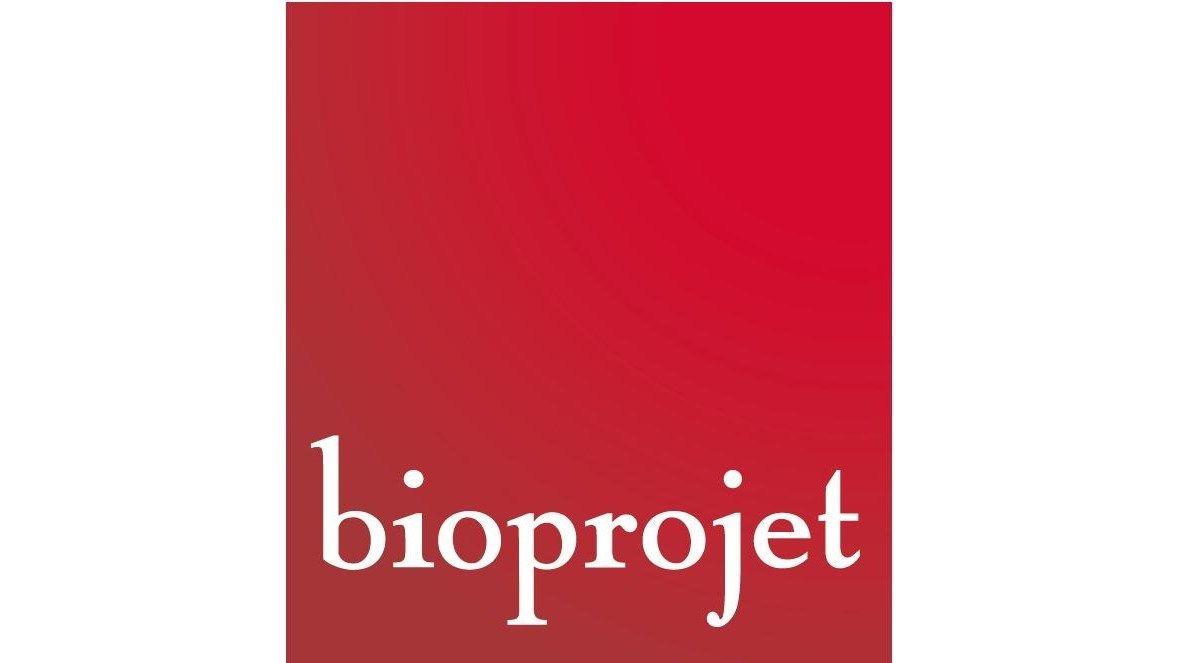Heart artery disease (called coronary arteries) affects 1.5 million people in France. It is the leading cause of death from all causes and myocardial infarction is responsible for 12,000 deaths per year in France. Its management is a real public health issue. Coronary angiography (or coronary angiography) is an examination that allows the heart or coronary arteries to be visualized and treated at the same time with a procedure called coronary angioplasty. France PCI (Percutaneous Coronary Intervention) is a national registry of interventional cardiology which aims to record coronary angiography and coronary angioplasty activities in France. Learn more
French National Register coronary angiographies and coronary angioplasties




















